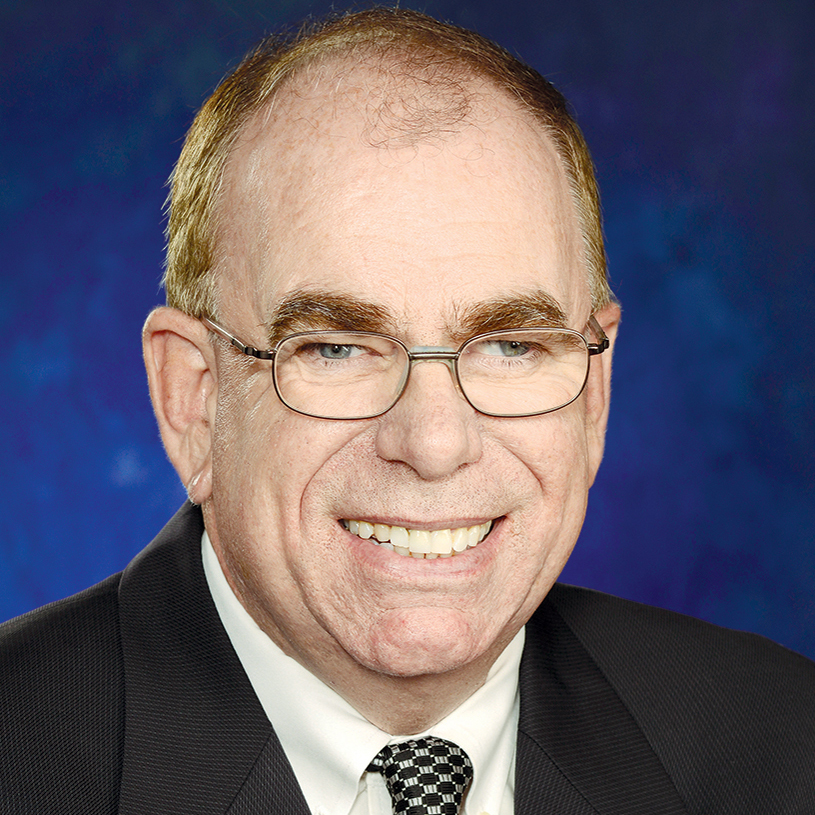

It appears the National Academies of Sciences, Engineering, and Medicine has confirmed what most of us have long known: The way long-term care is generally delivered and funded bears a striking resemblance to a flaming dumpster going over the falls at Niagara State Park.
Of course, official reports such as this one on nursing home quality tend to serve up assessments that are a bit more, well, nuanced. Here are the words they chose:
“The way in which the United States finances, delivers, and regulates care in nursing home settings is ineffective, inefficient, fragmented, and unsustainable.”
Potato, potahto.
The revelations in this 600-page report should come as no surprise to anyone even vaguely connected to this sector. Not that long-term care’s struggles are a recent development.
Our current long-term care system began as a bastard child of the Medicare program more than a half century ago. About the only thing that has really changed since is that regulators lawmakers seem to have forgotten who set the field up for perpetual struggle. This they did by intentionally undercutting payments and larding on rules from the get-go.
At least Dr. Frankenstein had the decency to take responsibility for the monster he brought to life. Not that long-term care is a monster. Abused stepchild is more like it.
Katie Smith Sloan, who leads LeadingAge, called the report “a piercing wake-up call” for a sector “in desperate need of an overhaul.” She noted that the success of fixing what’s broken will depend on how the government addresses funding.
“As policymakers consider how to enact the report’s recommendations, they must back their actions with sufficient funding to make changes a reality,” she said. “Without that, the committee’s work will be for naught.”
Amen.
Now to be sure, the industry has plenty of shortcomings that need to be addressed. Staffing should be much better. For that matter, so should care. Far too often, both fall well short of what might be reasonably expected.
But this conversation needs to start with a recognition that more money is needed. Period.
By the way, I’m 100% in favor of holding operators responsible for a full accounting of every dollar received — and every service delivered. Any shyster who plays fast and loose with the rules deserves to be arrested and prosecuted. Like it’s a big secret who many of them are.
But if frontline workers are to be paid a decent wage, and if we are to mandate a certain number of healthcare professionals in facilities 24/7, then fair payments must be a part of this package deal.
Truth be told, there is a lot of work that needs to be done across the board. Operators need to step up their game. Dark funding alleys need to be better identified and illuminated. Rule makers need to be smarter and fairer. Same goes for rule enforcers. New players deserve a chance to get in on the action. Penalties for bad actors need to be swift and severe. All of these things can be done. But commitments will be required.
On the other hand, if the answer is to pretend to squeeze more efficiencies and dollars to pay for a new-and-improved system, then we might as well file this report and go back to business as usual. That way, we’ll at least spare ourselves the time and energy wasted in the service of a fool’s errand.
John O’Connor is editorial director of McKnight’s Senior Living and its sister media brands, McKnight’s Long-Term Care News, which focuses on skilled nursing, and McKnight’s Home Care. Read more of his columns here.

